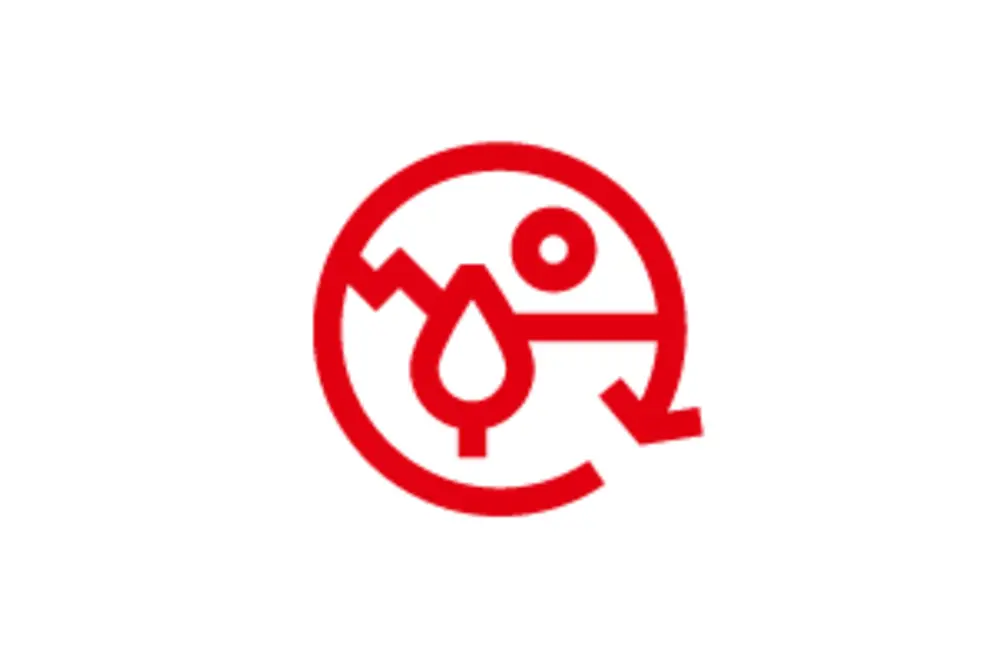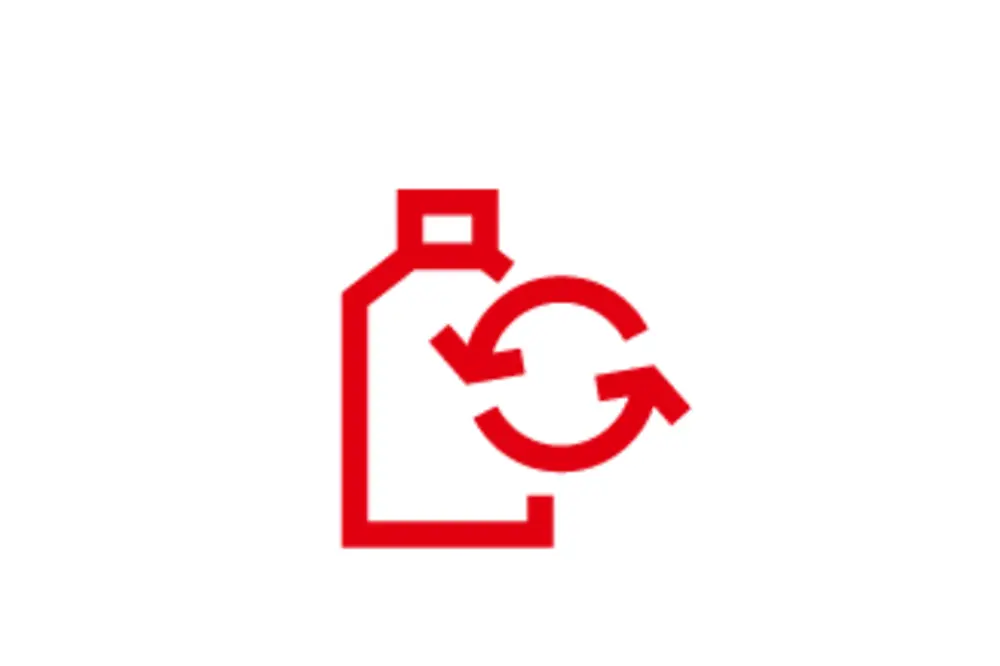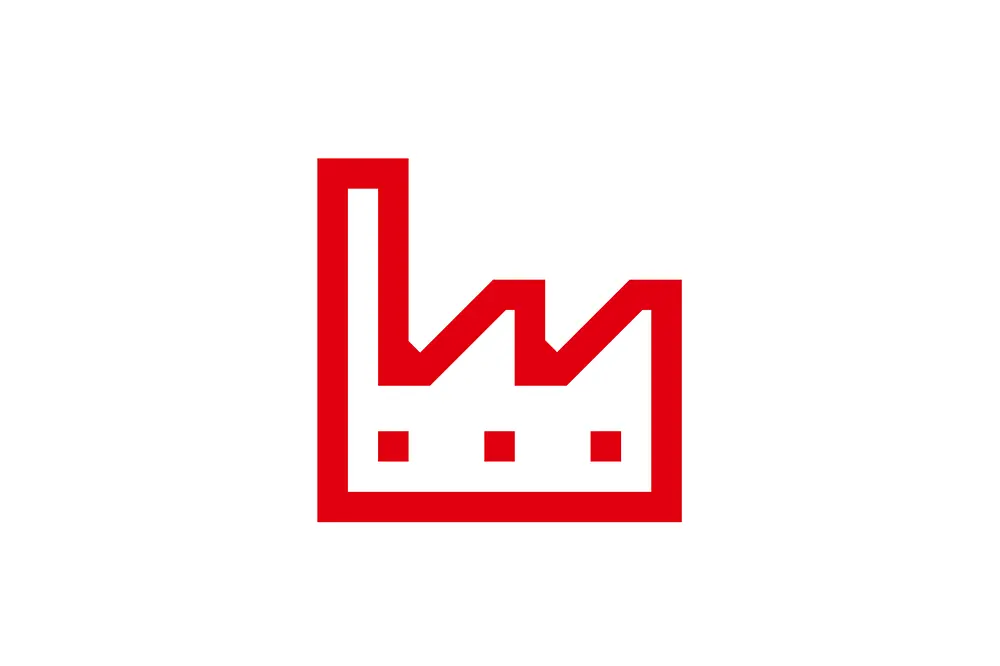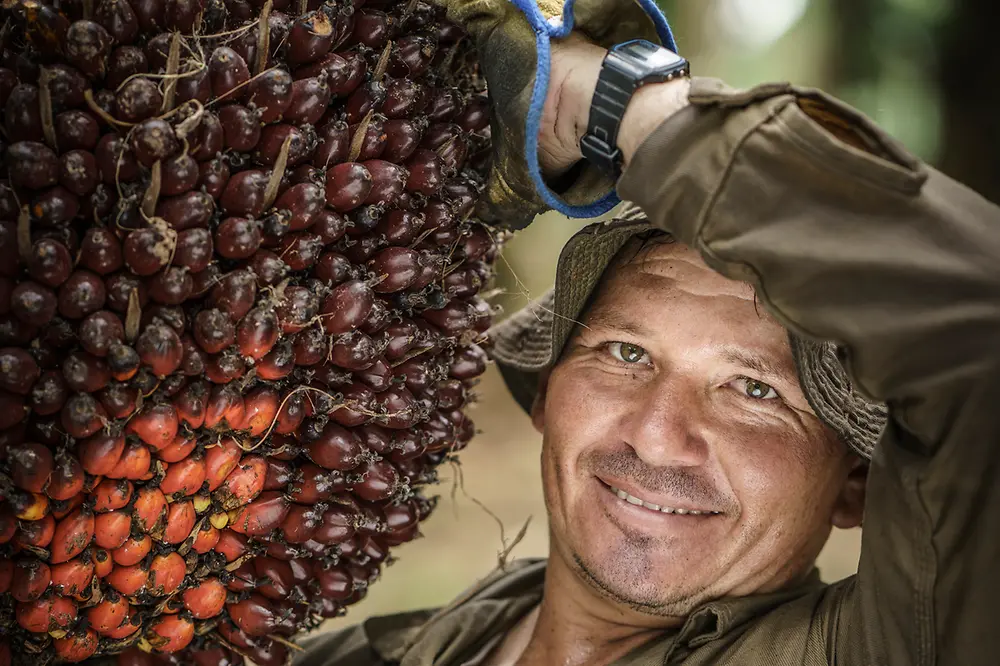Renewable Carbon Initiative (RCI)
Henkel has already been a founding member of the Renewable Carbon Initiative (RCI) from the Nova Institute since 2020. The aim of the initiative is to promote the transition from fossil to renewable carbon for all organic chemicals and materials.
7. In which area do you see the greatest potential for the use of bio-based raw materials?
Adrian Brandt: We see the potential for using bio-based raw materials in almost all sectors. Currently, we particularly need the electronics industry to demonstrate that renewable carbon is a good alternative and that the technology works. The advantage in this industry is that higher costs that occur in the initial phase of conversion and development can be sustained. This then leads to other sectors gradually taking up the alternatives, increasing volumes and thus reducing costs. In my view, however, the packaging industry is the most important one, because this is where the largest amounts of products are manufactured. This is where – in theory – the highest amount of emission savings is possible. We already have bio-based products in the market in the two areas mentioned, but also in other areas.
8. Why are the food and packaging sectors particularly important?
Adrian Brandt: This area is very price-driven, as it often involves inexpensive disposable items such as straws and packaging. These sectors also generate very large quantities of waste. Therefore, recycling and a circular economy are particularly important. This is where we can drive the issue of renewable carbon with urgency. Keeping this in mind, Henkel has developed the Technomelt Supra ECO adhesive with a bio-content of 98 percent. It contains a mixture of classic, bio-based raw materials and those certified according to the biomass balance procedure. This independent certification confirms that our suppliers for the biomass-balanced raw materials replace the required amount of fossil raw materials with an equivalent amount from renewable raw materials at the beginning of the industrial value chain. The goal of using more than 80 percent bio-based raw materials without sacrificing performance, or even increasing it, is technically challenging. We have been able to develop an innovative technology that will take our industry further forward into the future.













